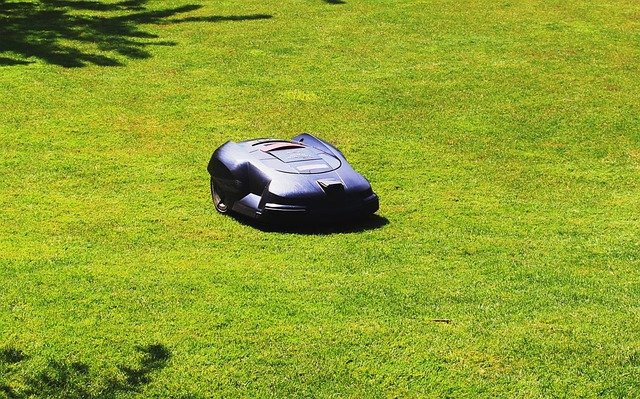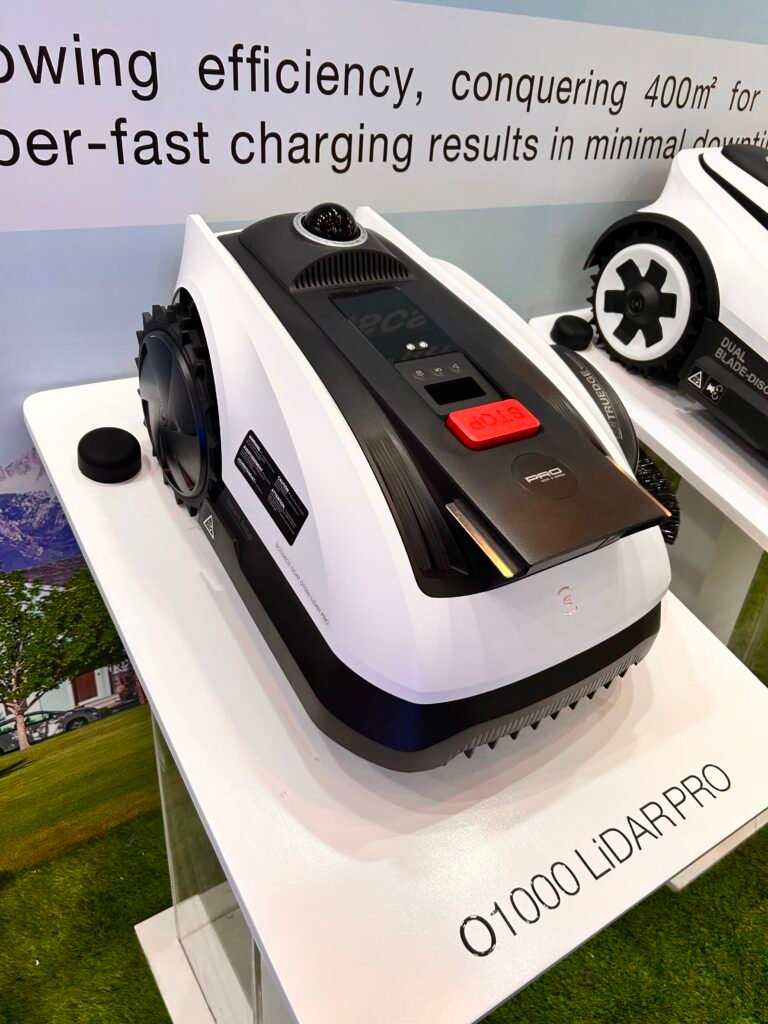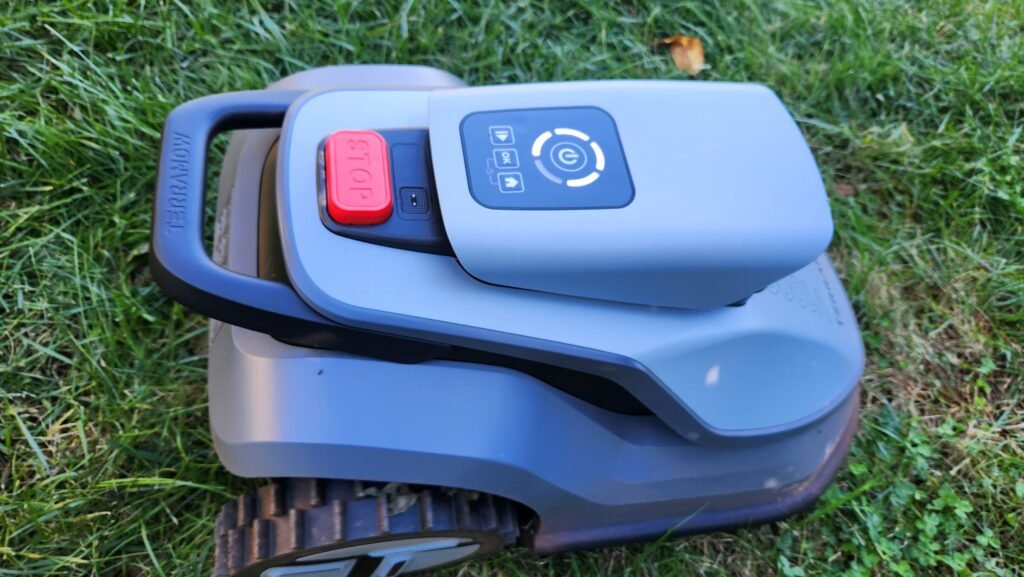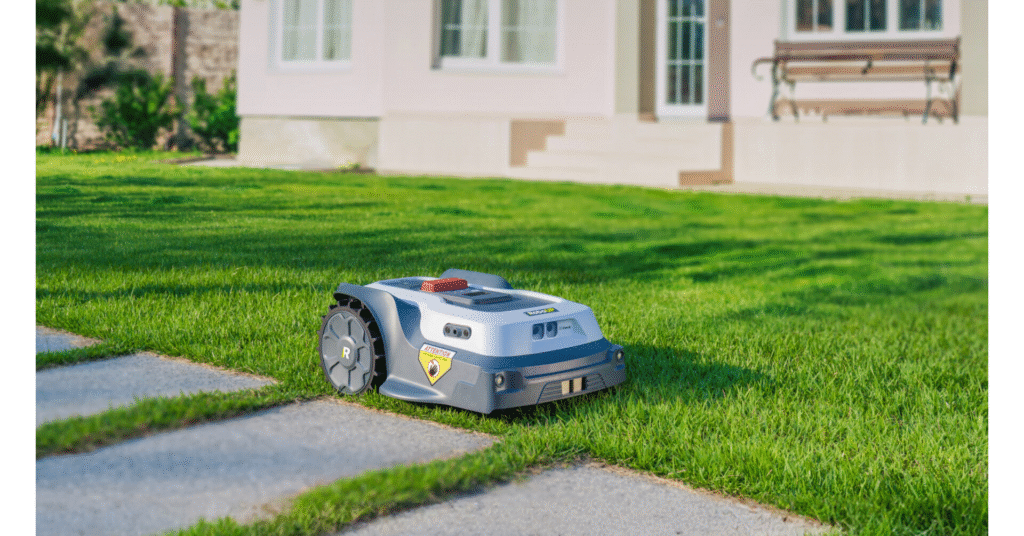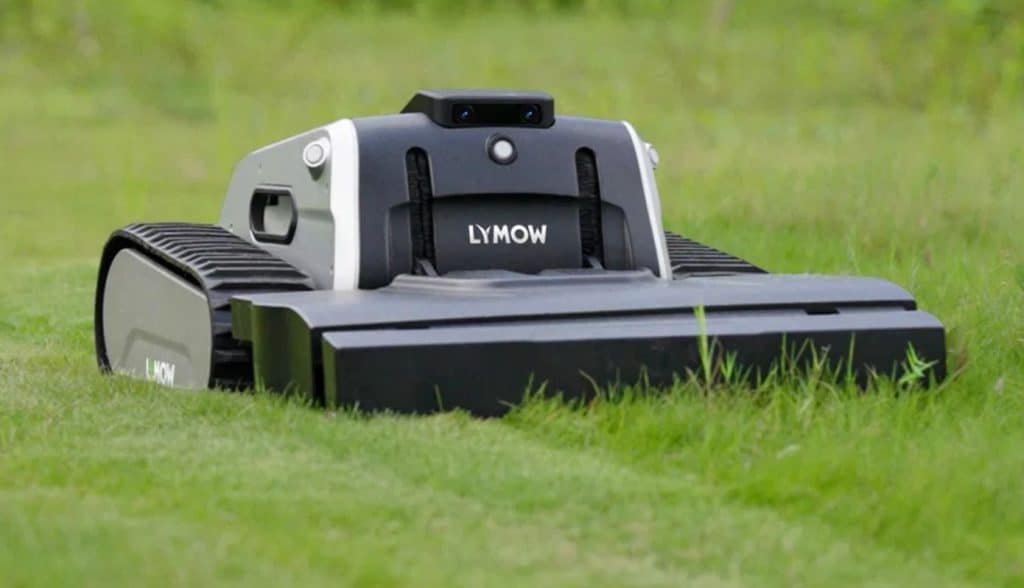As technology continues to advance, the way we take care of our homes and surroundings is also evolving. One such innovation in lawn care is the robot mower. Gone are the days of spending hours pushing a heavy traditional lawn mower under the scorching sun. Robot mowers have taken the market by storm, revolutionizing the way we maintain our lawns. In this comprehensive guide, we will answer all your questions about robot mowers, from how they work to the benefits they offer. So, let’s dive in and discover everything you need to know about this latest trend in lawn care.
What is a robot mower?
A robot mower, as the name suggests, is an autonomous device designed to cut grass without human intervention. It is equipped with sensors, blades, and a rechargeable battery that allows it to navigate your lawn, detect obstacles, and mow the grass automatically. The concept of robot mowers originated from the need to simplify lawn maintenance and reduce the physical effort required by homeowners. With a robot mower, you can say goodbye to the hassles of manual mowing and enjoy a perfectly manicured lawn all year round.
How does a robot mower work?
Robot mowers use a combination of sensors, software, and cutting blades to perform their tasks. They are equipped with boundary wires that define the area to be mowed. These wires are installed around the perimeter of your lawn and act as virtual fences for the robot mower. The mower uses onboard sensors to detect the wires and stay within the defined boundaries. As the robot mower moves across your lawn, it uses a random or systematic pattern to cut the grass, ensuring even coverage. Some advanced models can even handle complex terrains and slopes, thanks to their intelligent navigation systems.
The robot mower’s cutting blades are designed to be sharp and efficient, ensuring a clean and precise cut every time. The mower continuously monitors the grass height and adjusts its cutting height accordingly. After completing its mowing session or when the battery runs low, the robot mower returns to its charging dock automatically. This self-charging feature ensures that your robot mower is always ready for the next mowing session without any manual intervention.
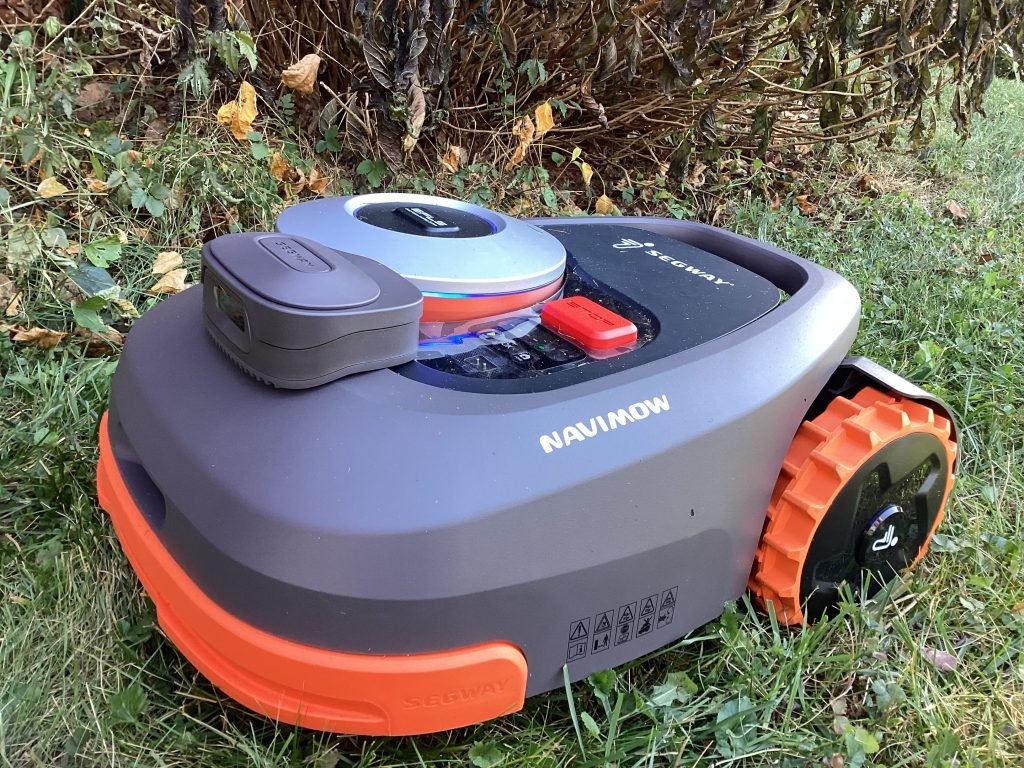
Benefits of using a robot mower
1. Time-saving convenience
One of the most significant advantages of using a robot mower is the time it saves. Unlike traditional mowers, which require manual pushing and supervision, robot mowers operate autonomously. Once set up, they can mow your lawn without any human intervention. You can sit back, relax, and let the robot mower do all the work. This time-saving convenience is especially beneficial for individuals with large lawns or busy schedules, as they no longer need to spend hours on laborious lawn care tasks.
2. Effortless lawn maintenance
Robot mowers eliminate the physical exertion associated with manual mowing. You no longer need to push a heavy machine or strain your muscles to achieve a well-maintained lawn. With a robot mower, the cutting, trimming, and mulching are all taken care of automatically. The mower’s sharp blades ensure a consistent cut, resulting in a healthier and more aesthetically pleasing lawn. Additionally, robot mowers can navigate obstacles and tight spaces that might be challenging for traditional mowers, ensuring that every corner of your lawn is evenly maintained.
3. Improved lawn health
Robot mowers are designed to mow your lawn frequently and at a consistent height. This regular mowing promotes healthier grass growth by preventing weeds and excessive thatch buildup. The fine grass clippings produced by robot mowers act as natural mulch, enriching the soil with essential nutrients. Over time, this leads to a greener, thicker, and more resilient lawn. Additionally, because robot mowers operate quietly and emit no harmful emissions, they have a minimal impact on the environment and contribute to a healthier ecosystem.
Types of robot mowers available in the market
When it comes to choosing a robot mower, there are various options available in the market. Each type has its own set of features and capabilities, catering to different lawn sizes and requirements. Here are the three main types of robot mowers you can consider:
1. Robotic Mulching Mowers
Robotic mulching mowers are designed to cut grass into fine clippings that are then dispersed back into the lawn. These clippings act as natural fertilizers, providing essential nutrients to the grass. Mulching mowers are best suited for homeowners who prioritize lawn health and sustainability. They eliminate the need for conventional bagging or raking of grass clippings, making the mowing process more efficient and eco-friendly.
2. Robotic Mowers with Collection Bins
Robotic mowers with collection bins, as the name suggests, have a built-in container to collect the grass clippings. These mowers are ideal for homeowners who prefer a clean, well-manicured lawn without the presence of clippings. The collection bins can be easily emptied and disposed of according to your preference. While these mowers require periodic emptying of the collection bin, they offer the advantage of a tidy lawn appearance.
3. Hybrid Robotic Mowers
Hybrid robotic mowers combine the benefits of robotic mowers with the flexibility of manual mowing. These mowers can be operated autonomously or manually, depending on your preference. They are equipped with a detachable cutting deck, allowing you to switch between autonomous mode and manual mode whenever required. Hybrid mowers are suitable for homeowners who want the convenience of a robot mower but also enjoy the control and precision of manual mowing for specific areas.
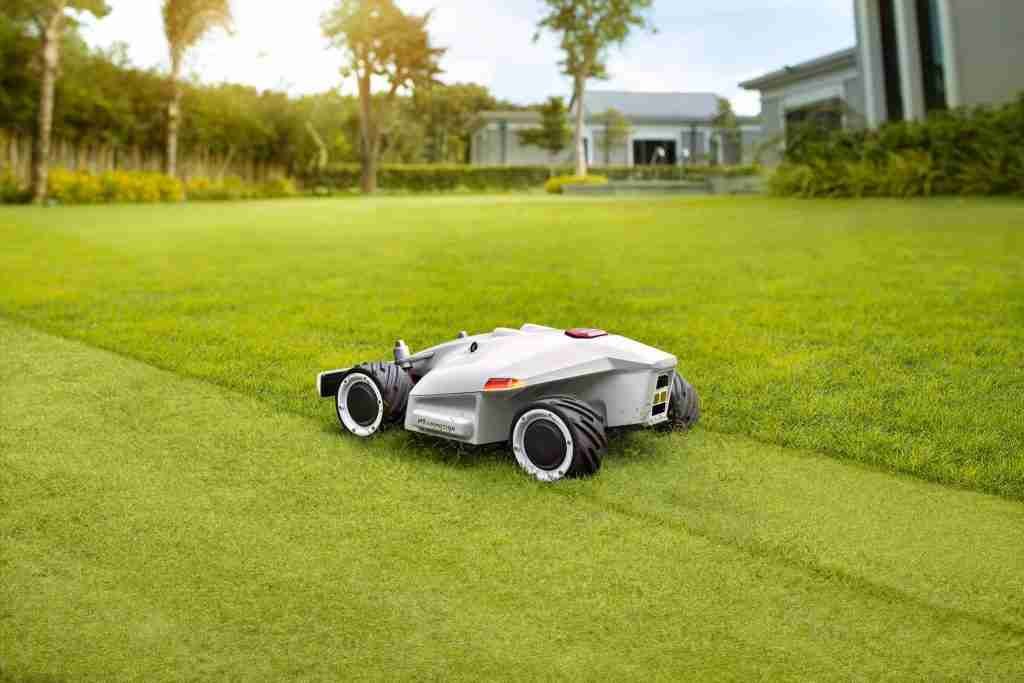
Factors to consider before purchasing a robot mower
Before investing in a robot mower, there are several factors you should consider to ensure you make the right choice for your lawn. Here are some key considerations:
1. Lawn Size and Complexity
The size and complexity of your lawn are crucial factors to consider when selecting a robot mower. Larger lawns may require mowers with a longer battery life or the ability to cover a larger area in a single charge. If your lawn has slopes, uneven terrain, or obstacles like flower beds or trees, you should opt for a robot mower with advanced navigation capabilities to ensure efficient mowing.
2. Cutting Height and Width
Different robot mowers offer varying cutting heights and widths. Consider the desired cutting height for your lawn and choose a mower that can accommodate it. Additionally, if you have a wide lawn, a mower with a wider cutting width will help reduce the mowing time.
3. Battery Life and Charging
Battery life and charging capabilities are essential for uninterrupted mowing. Look for a robot mower with a battery life that aligns with your lawn’s size and mowing requirements. Additionally, consider whether the mower automatically returns to its charging dock when the battery is low or if you need to manually intervene.
4. Installation and Setup
Consider the installation and setup process of the robot mower. Some models require professional installation, while others offer a DIY approach. Choose a mower that suits your technical expertise and preferences.
5. Maintenance and Support
Robot mowers, like any other equipment, require regular maintenance and support. Check if the manufacturer provides easy access to spare parts, customer support, and servicing. Additionally, consider the ease of maintenance tasks like blade sharpening and cleaning.
By carefully considering these factors, you can choose a robot mower that best fits your lawn’s needs and your personal preferences.
Installation and setup of a robot mower
Installing and setting up a robot mower may seem daunting, but manufacturers have designed the process to be user-friendly. Here’s a step-by-step guide to help you get started:
1. Define the Mowing Area
Before installing the robot mower, you need to define the mowing area using boundary wires. These wires act as virtual fences for the mower, ensuring it stays within the desired boundaries. Plan the wire layout according to the shape and size of your lawn. Avoid crossing the wires, and use connectors to join them securely.
2. Install the Charging Dock
Find a suitable location for the charging dock, preferably near a power source and away from direct sunlight or rain. Secure the dock to the ground using screws or stakes provided by the manufacturer. Ensure that the dock is placed in a position where the robot mower can easily access it.
3. Connect the Boundary Wires
Connect the boundary wires to the charging dock, following the manufacturer’s instructions. Make sure the wires are properly connected and secured. Test the connectivity by turning on the robot mower and ensuring it recognizes the boundary wires.
4. Set Up Mowing Schedule
Most robot mowers offer the option to set up a mowing schedule. Use the control panel or smartphone app to define the days and times you want the mower to operate. Customize the schedule according to your preferences and the growth rate of your lawn.
5. Test and Adjust
Once the installation is complete, it’s time to test the robot mower. Place it on the charging dock and let it charge fully. Once charged, initiate a test run and observe the mower’s performance. Make any necessary adjustments to the boundary wires or mowing schedule to ensure optimal operation.
With these steps, you can successfully install and set up your robot mower, ready to enjoy the convenience of autonomous lawn care.
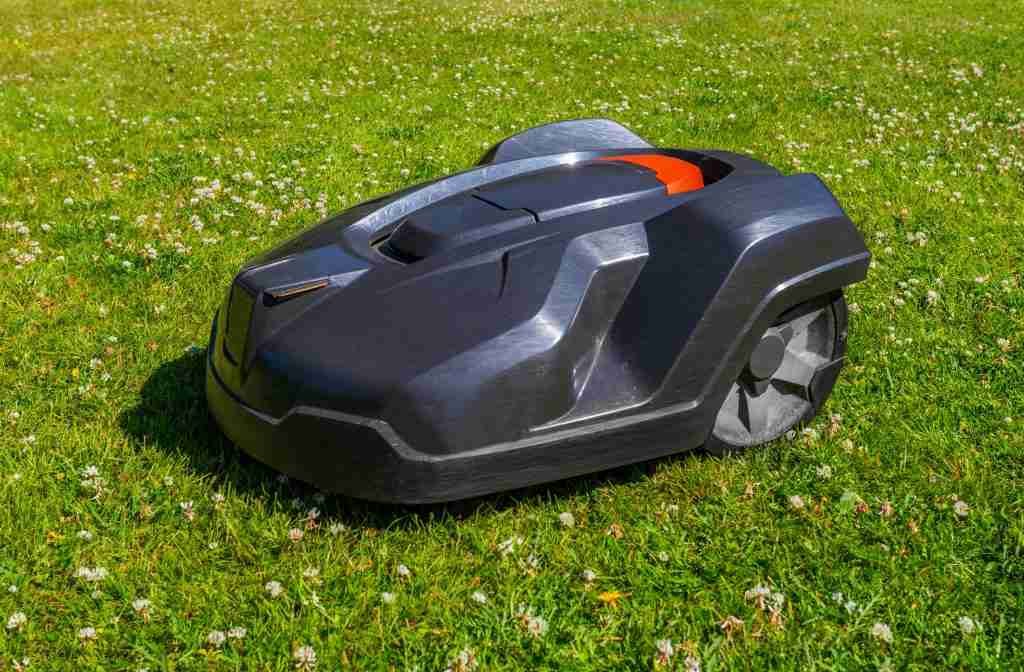
Common features and technology used in robot mowers
Robot mowers come equipped with a range of features and advanced technology to enhance their performance and efficiency. Here are some common features you can expect to find in robot mowers:
1. Rain Sensors
Rain sensors detect the presence of rain and prevent the robot mower from operating during wet conditions. This feature protects your lawn from potential damage caused by mowing in wet grass.
2. Obstacle Detection
Robot mowers use various sensors, such as ultrasonic, infrared, or bump sensors, to detect obstacles in their path. When an obstacle is detected, the mower changes its direction or navigates around the obstacle, ensuring safe operation.
3. Slope and Terrain Handling
Advanced robot mowers are designed to handle slopes and complex terrains. They use sophisticated navigation systems and powerful motors to navigate inclines smoothly and maintain consistent cutting performance.
4. Smartphone App Integration
Many robot mowers offer smartphone app integration, allowing you to control and monitor the mower remotely. Through the app, you can adjust settings, schedule mowing sessions, and receive notifications about the mower’s status.
5. Anti-Theft Protection
To prevent theft, robot mowers are equipped with anti-theft features. These features include PIN codes, alarms, and GPS tracking, ensuring that your investment is protected.
These features, combined with advanced technology, make robot mowers reliable, efficient, and user-friendly devices for maintaining your lawn.
Maintaining and troubleshooting a robot mower
While robot mowers require minimal maintenance compared to traditional lawn mowers, some upkeep is necessary to ensure their longevity and optimal performance. Here are some maintenance tasks you should perform regularly:
1. Blade Maintenance
Check the cutting blades regularly for signs of wear or damage. Dull or damaged blades can affect the quality of the cut and strain the mower’s motor. Replace the blades as needed or as recommended by the manufacturer.
2. Cleaning
Remove any grass clippings, debris, or dirt that may accumulate on the mower. Use a soft brush or compressed air to clean the mower’s exterior and undercarriage. Ensure that the sensors and cutting blades are free from obstructions.
3. Battery Care
Follow the manufacturer’s guidelines for battery care. Some robot mowers require periodic battery replacement, while others may allow you to replace only individual battery cells. Keep the charging contacts clean and ensure that the battery is fully charged before each mowing session.
4. Software Updates
Check for software updates regularly and install them as recommended by the manufacturer. Software updates often include performance improvements and new features that enhance the mower’s capabilities.
5. Winter Storage
If you live in an area with harsh winters, proper winter storage is essential. Clean the mower thoroughly, remove the battery, and store it in a dry and temperature-controlled environment. Consult the manufacturer’s guidelines for specific winter storage instructions.
In case of any issues or malfunctions, consult the user manual or contact the manufacturer’s customer support for troubleshooting assistance. Most problems can be resolved with simple solutions or remote diagnostics.
Comparison of popular robot mower brands
When considering a robot mower, it’s helpful to compare different brands and models to find the one that best suits your needs.
Robot Mower FAQs and Common Misconceptions
1. Can a robot mower handle large lawns?
Yes, there are robot mowers available in the market that are specifically designed for larger lawns. High-end models have powerful motors, longer battery life, and advanced navigation systems that can handle larger areas.
2. How long does a robot mower take to mow a lawn?
The time it takes for a robot mower to mow a lawn depends on the size and complexity of the lawn, as well as the model of the robot mower. On average, it can take anywhere from a few hours to a full day to complete the mowing cycle.
3. Will a robot mower damage my lawn?
No, robot mowers are designed to cut the grass evenly and without causing damage to the lawn. In fact, the regular mowing done by a robot mower can result in a healthier and more vibrant lawn.
4. Can a robot mower operate in the rain?
Most robot mowers are equipped with rain sensors that can detect wet conditions and pause mowing until the grass is dry. However, it’s important to check the specifications of the specific model you choose, as not all robot mowers are designed to operate in wet conditions.
5. Can a robot mower handle slopes?
Many robot mowers are capable of handling slopes, but the maximum slope they can handle varies depending on the model. It’s important to check the specifications of the specific model you choose to ensure it can handle the slopes in your lawn.
6. Can a robot mower cross a driveway?
Yes robot mowers can handle bridge, driveway, and sidewalk crossings without any issues. You set different mowing areas and the mower can move from one mowing zone to another.
Have questions or need help selecting a robot mower? Please ask in the comments below.

